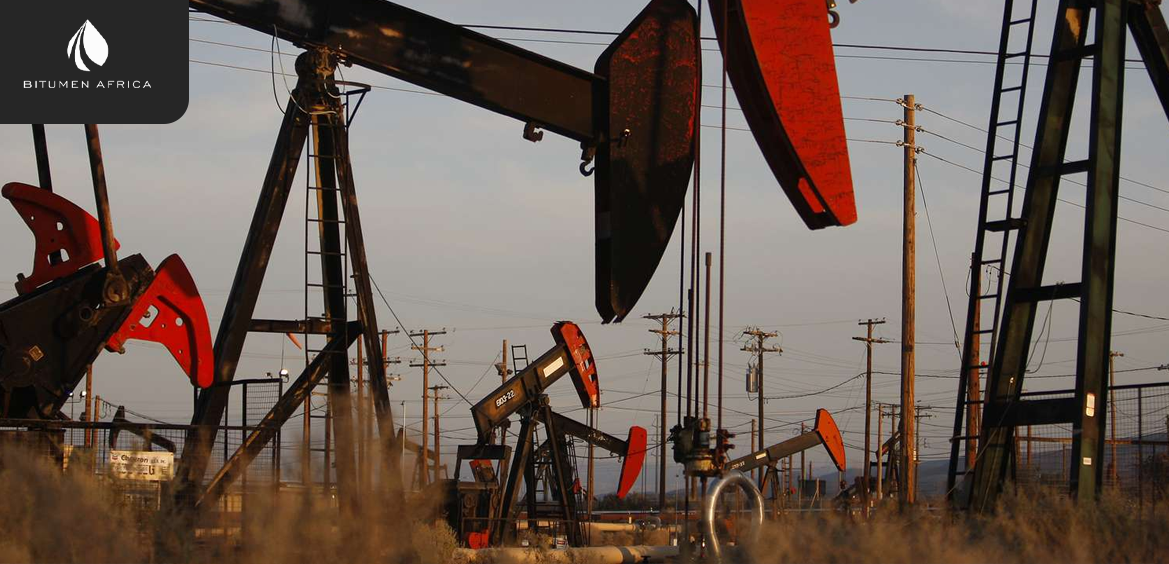OPEC+ is reportedly planning a larger-than-expected oil production increase at its upcoming meeting, officially to pressure member states like Iraq and Kazakhstan to comply with output quotas. However, according to a new Reuters report, a secondary motive is to undermine the U.S. shale industry, echoing a strategy OPEC employed a decade ago. Back then, the group flooded the market with oil, causing a price collapse that severely hurt American shale producers—though some survived and adapted.
Since 2014, the U.S. shale sector has significantly improved efficiency and lowered extraction costs, though it still operates with higher expenses compared to conventional oil producers like Saudi Arabia. Despite these advancements, if OPEC+ is indeed aiming for another price war, shale producers could once again face economic strain. Reuters sources suggest that OPEC is deliberately considering a 411,000-barrel-per-day production hike for July to recapture market share and inject uncertainty into competitors’ long-term plans.
The price war strategy hinges on pushing oil prices below \$60 per barrel, a level at which many U.S. shale projects—especially new ones—become financially unviable. Shale producers already operate under significant uncertainty due to inflation, weakening demand forecasts, and geopolitical factors like trade tariffs. Moreover, the U.S. primarily competes with OPEC+ in European markets, where environmental policies are increasingly hostile to fossil fuel demand.
Interestingly, analysts suggest that OPEC+ may not need to aggressively ramp up production to pressure U.S. shale producers. According to the Dallas Fed, current U.S. shale production is sustainable at prices between \$26 and \$45 per barrel for existing wells, but new drilling requires at least \$61, and often closer to \$70 per barrel. Given the rising costs of inputs and natural resource depletion, smaller shale firms may struggle regardless, while larger oil companies will likely continue consolidating and expanding their influence.

